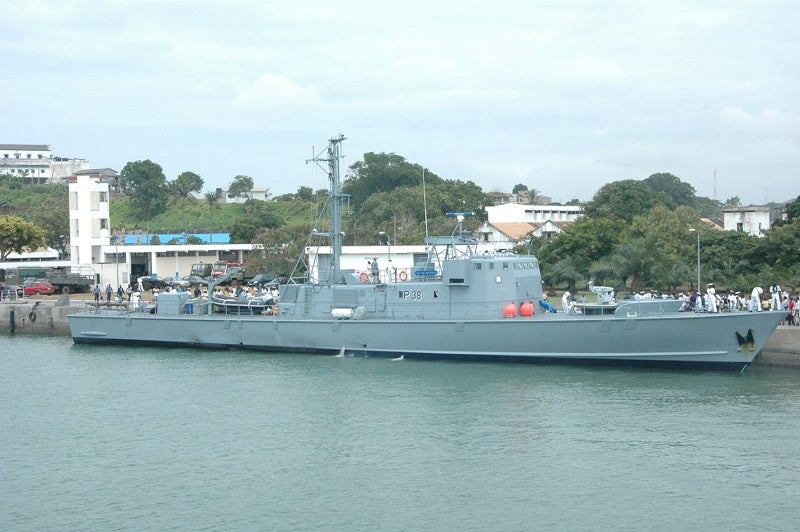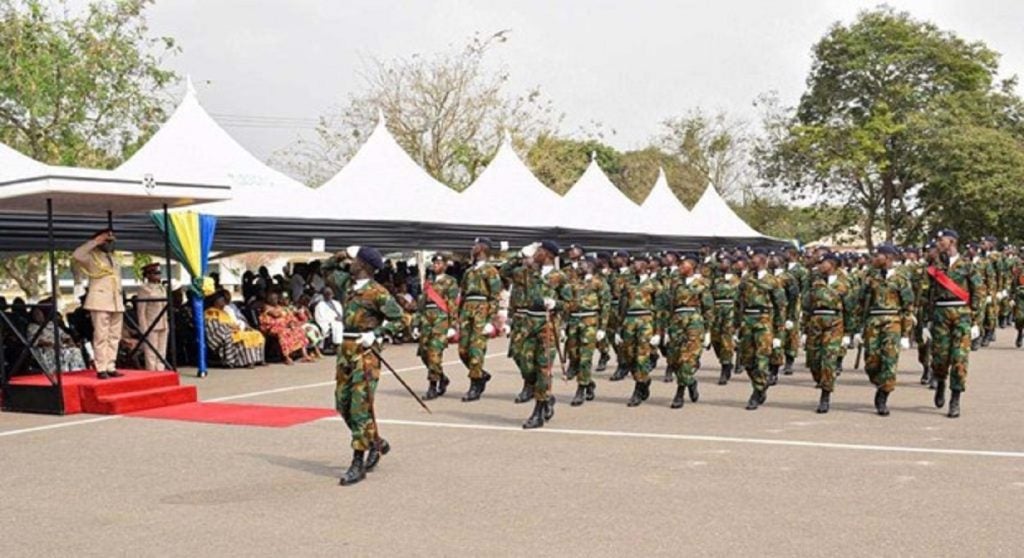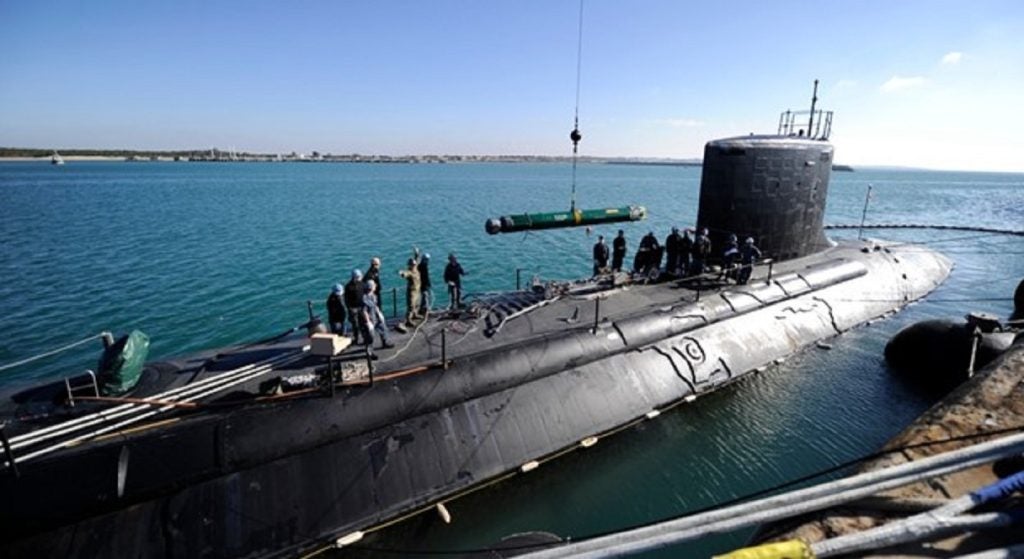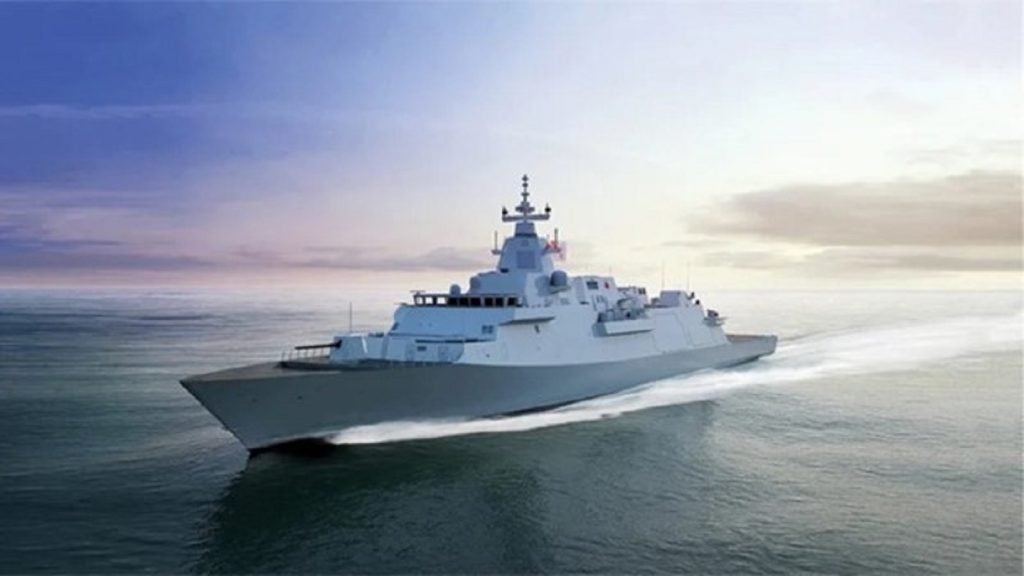GlobalData, a leading intelligence consultancy, has published a country report entitled Ghana Defence Market, 2024-2029, in which the company forecasts Ghana’s defence spending to consistently rise in the next five years.
The West African country's defence budget was $317m in 2024 and registered a decline of 3.5% over the historic period 2020–2024.
However, the defence budget declined from $343.9m in 2023, registering a negative annual growth of 7.8% in 2024.
Now, Ghana’s defence expenditure is anticipated to register a compound annual growth rate of 11.3% over 2025–29 and reach $509.6m by 2029.
The republic’s acquisition budget, which includes research and development funding, is also anticipated to register significant growth. It is projected to reach $119.5m in 2029, up from $30m in 2025.
Responding to instability in the Sahel region
Ghana’s security is exposed to worsening instability in the overall Sahel region in North-West Africa.
In its overview of region in the Armed Conflict Survey 2023, the International Institute for Strategic Studies (IISS) considers the Sub-Saharan Africa “to be most conflict-affected region globally” where there is a “drift towards military authoritarianism across the Sahel.”
GlobalData notes the possibility of cross-border infiltration, with real prospects for violence spilling over Ghana’s northern borders and disturbing security.
The country has secured an aid package from the EU comprising a fleet of 100 armoured vehicles in 2023, and GlobalData projects that in the next five years border security and control are likely to emerge as key drivers of Ghana's defence expenditure.
Beyond this, the military coup d'état in Niger prompted a response from the Economic Community of West African States (ECOWAS), which issued an ultimatum to the military junta on 30 July 2023, to restore the democratically elected Bazoum administration within a week, failing which, international sanctions would be imposed on Niger and a possible use of force to compel the military junta is also being considered.
Although ECOWAS has not announced its plans for possible military intervention, the escalating violence and growing anarchy could likely compel ECOWAS to take a stand. In such a scenario, Ghana, as a member of the ECOWAS community, is anticipated to send a contingent of armed forces for peacekeeping operations, which will fuel defense expenditures over the forecast period.
Alongside armoured vehicles, Ghana’s largest defence segment by value – at around $132m between 2023-26 – will be light attack aircraft that would support its land forces.
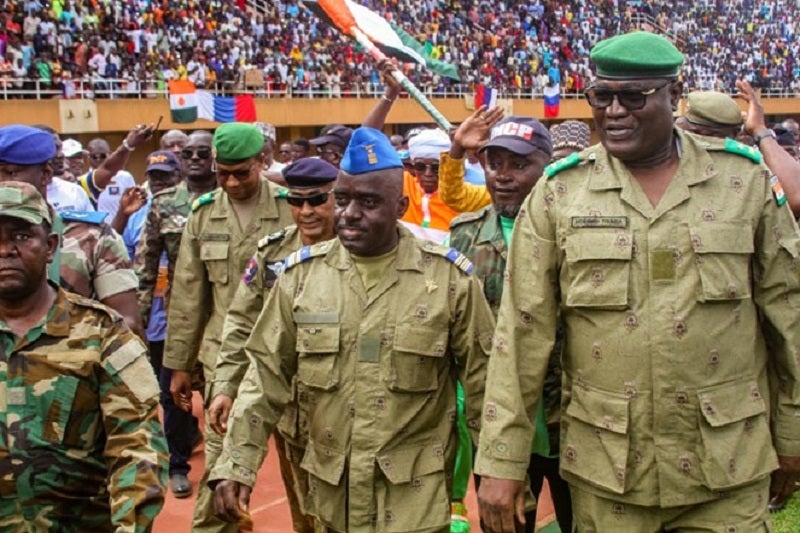
Clamping down on piracy in the Gulf of Guinea
Likewise, the rising instances of maritime piracy and armed attacks on mercantile shipping in the Gulf of Guinea present a serious problem for the security and economic stability of Ghana.
In October 2023, a report published by the International Maritime Bureau (IMB) identified the Gulf of Guinea as a key area of concern, with a noticeable rise in the number of incidents over the period January 2023 to September 2023.
This has prompted the Ghanaian Government to consider the light combat vessels segment to be it’s a top priority and its third highest-valued segment. Expenditure is due to rise from $6.8m $8.3m on this segment in the next three years according to GlobalData.
